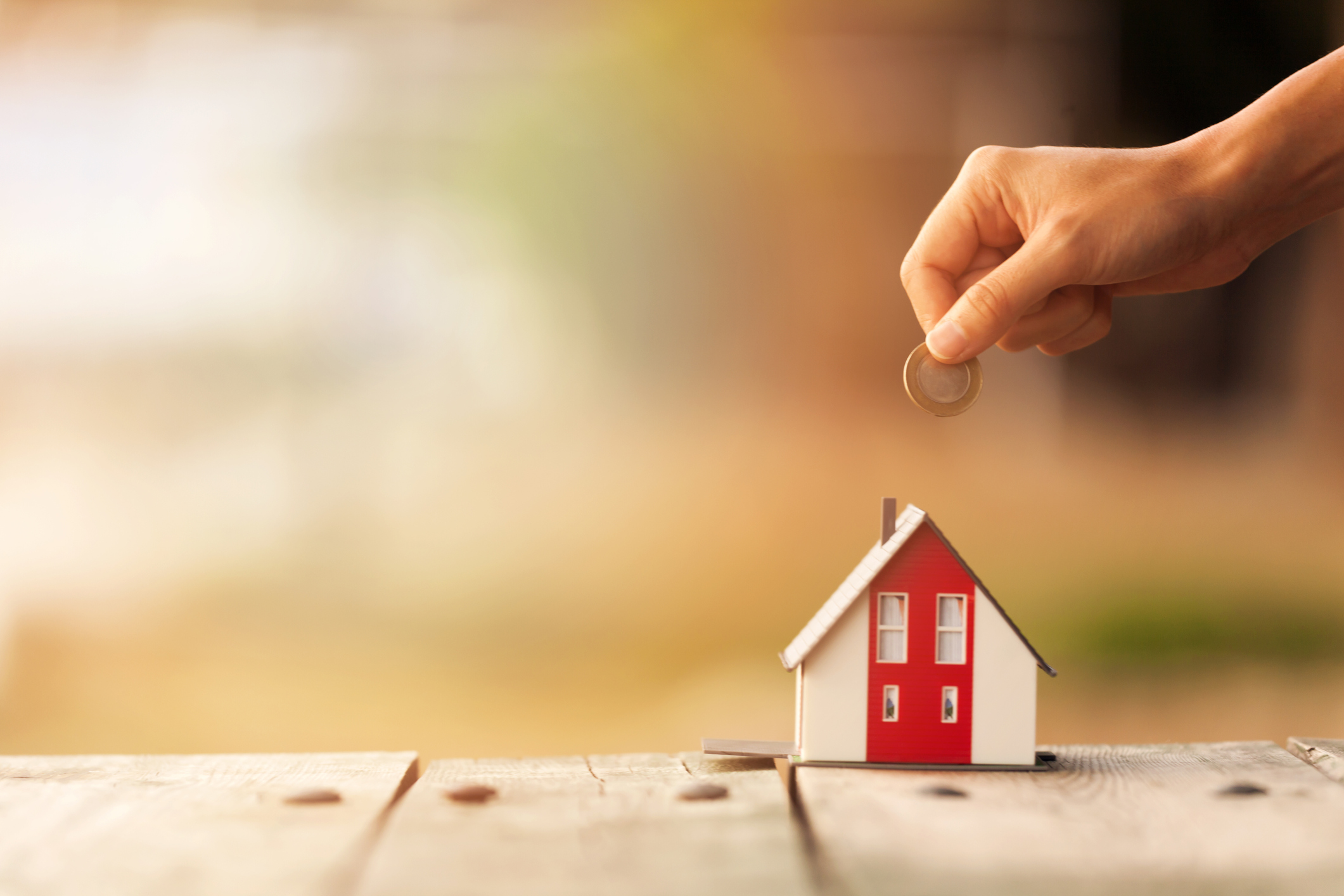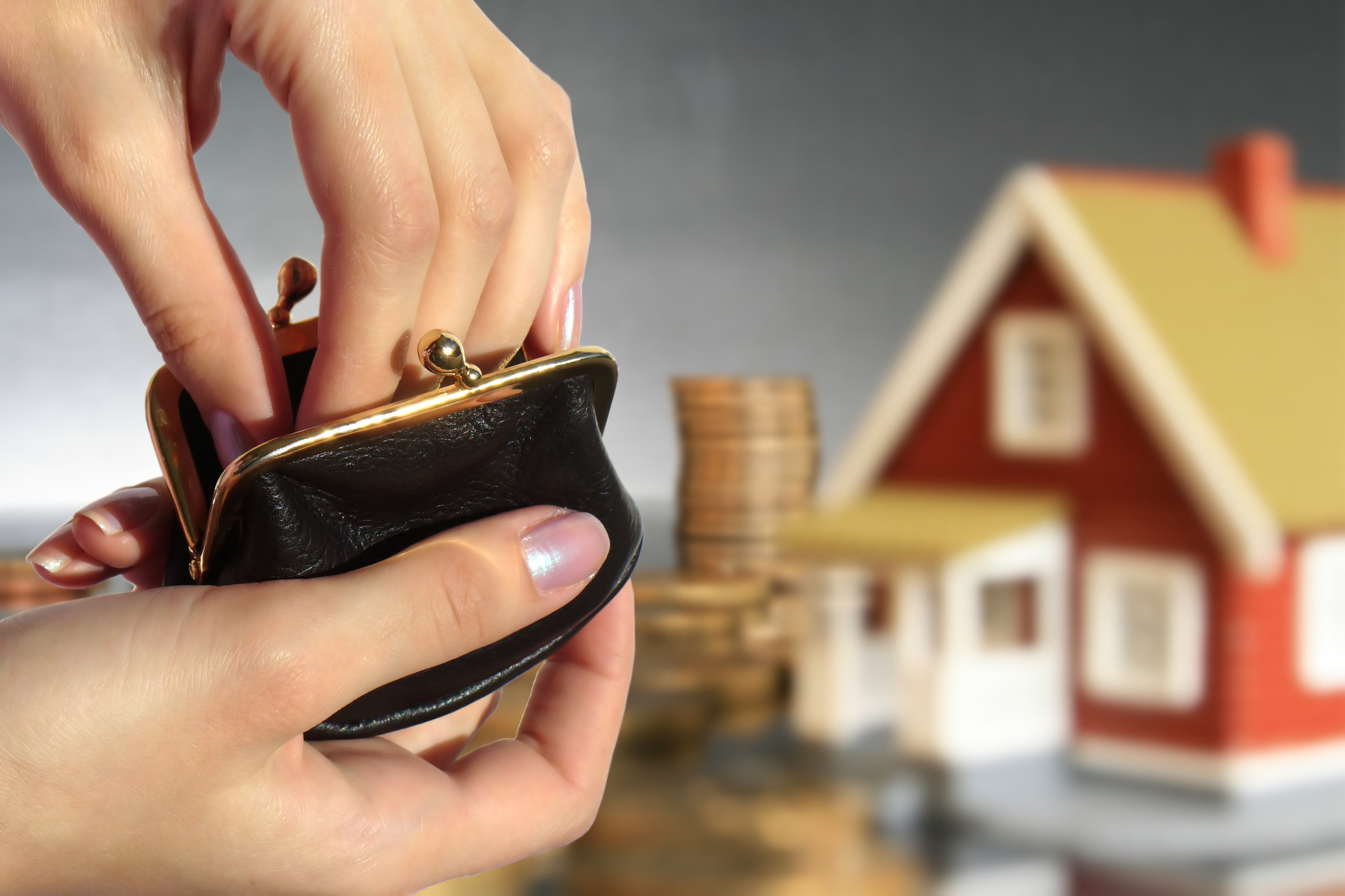Buying a property is expensive in Singapore. And it seems like it’s something that’s more and more unattainable these days, especially given the increasing property prices in the last two years.
But if you think you need a million dollars in your bank account to buy property, you’re wrong. Well, okay, it helps if you do. But there are still ways you can go about affording a property in Singapore.
You don’t need to have a million dollars right now to buy a house
The good thing about Singapore is that home loans are widely available, and have low interest rates.
For example, to buy a flat with an HDB loan, the minimum downpayment is 15%. This 15% can also be paid through your CPF savings.
To buy a S$450,000 flat, for example, you might only have to pay S$67,500 out of your CPF Ordinary Account (OA) savings; the rest can be covered by the HDB loan.
For private property, the downpayment is 25% when you take a bank loan. However, 20% can be paid through your CPF OA savings, so you only need 5% in cash.
Let’s say a condo costs S$1.2 million. Your total downpayment can be as low as S$300,000. Of this S$300,000, up to S$240,000 can come from your CPF. The total you need in cash is just S$60,000.
How can you save up enough to buy a home?
Here are four basic strategies you can adopt.
- Put money into a targeted investment plan
- Consider making voluntary CPF top-ups
- Maintain low debt before getting a home loan
- Build an emergency fund of six months’ of your expenses
1. Put money into a targeted investment plan
Due to the power of compounding interest, you can make a sufficient amount for the downpayment faster than you think.
For example, consider an investment with returns of just about 5% per annum. If you invest around S$500 a month for 10 years, this will come to about S$80,000. This is enough to make the downpayment on a property that costs up to S$1.6 million. If you start doing this at the age of 25 — while still diligently contributing to your CPF, of course — you could have enough to afford a private property by 35.

The key, however, is to use a targeted investment plan. This means you need to pick an investment that will deliver a more or less consistent amount, and mature close to the target date that you want to buy a property. “Making more money” is not a targeted plan, but “making S$60,000 in 10 years” counts.
A qualified financial advisor can help you with plans of this sort. One popular option is an endowment insurance policy; this has a guaranteed payout after a certain number of years. If you start early, it’s an effective way to meet your property downpayment.
2. Consider making voluntary CPF top-ups
Besides retirement, you can use your CPF OA monies for the downpayment of your property. On top of that, your CPF monies can be used to pay stamp duties, and the monthly instalments for your home loan, regardless of whether you buy a condo or HDB flat. Depending on the law firm you use, your CPF savings can also cover any conveyancing fees when buying property.

One way to ensure you can afford a home is to voluntarily increase your CPF contributions and take advantage of the guaranteed 2.5% interest rate the CPF OA offers.
For example, instead of spending your year-end bonus on luxuries, you can plan for the long term and put it in your CPF instead. This will ensure that, when the time comes, you have enough CPF monies to cover a large part of your housing loan and downpayment.
Do take note that there’s a caveat to using CPF to pay for your housing, which you can read more here.
3. Maintain low debt before getting a home loan
When getting a home loan, you are subject to the Total Debt Servicing Ratio (TDSR). Under the TDSR, your total debt obligations (including personal loans, car loans and your soon-to-be home loan) are capped at 55% of your monthly income.
For example, if your household income is S$10,000 per month, your total loan repayments cannot rise to more than S$5,500 when you take a home loan. Otherwise, you’ll have to borrow less for your house.

Due to the TDSR, it’s important for aspiring home owners to keep debts low. Some key methods here include:
- Not buying a car until after you’ve bought your house
- Avoid revolving, high-interest debt. For example, make sure you pay back your credit cards in full, to avoid the 26% interest rate*
- Aggressively pay down your debts in the 12 months before applying for a home loan
Also, note that having too much debt can worsen your credit score. This can result in the bank lending you less money, thus making your home less affordable.
*For unsecured revolving loans like credit cards, the minimum monthly repayment is used when calculating your TDSR.
4. Build an emergency fund of six months of your expenses
Set aside 20% of your monthly income as savings until you have accumulated six months of expenses. Building this emergency fund is an essential step to owning property.
This is because, if something goes wrong financially (e.g. you fall ill and cannot work), you can still manage to pay the mortgage for six months. This will give you time to recover, find a new job, etc.

As a very last resort, six months will give your property agent sufficient time to find a buyer and sell the property at a fair price (if you need to sell the property in a rush, you’ll probably get a lower price).
Saving and investing early can make your property purchase in Singapore more affordable
You may have come across many articles talking about how Singapore is one of the world’s most expensive property markets. And last year, property prices have reached all-time highs, resulting in more cooling measures to be introduced.
But that doesn’t mean owning a property in Singapore is no longer attainable. With careful financial planning, as well as saving and investing your money early, you can eventually buy your dream home.
Do you have tips to share to grow your money to buy a property in Singapore? Let us know in the comments section below or on our Facebook post.
If you found this article helpful, 99.co recommends Here’s why you should save your ang pows for your future home instead of spending it straightaway and PLH BTO vs mature estate BTO vs non-mature estate BTO: Which BTO to say “yes” to.
Looking for a property? Find the home of your dreams today on Singapore’s fastest-growing property portal 99.co! If you would like to estimate the potential value of your property, check out 99.co’s Property Value Tool for free. Also, don’t forget to join our Facebook community page! Meanwhile, if you have an interesting property-related story to share with us, drop us a message here — and we’ll review it and get back to you.
The post How to get enough money to buy a property in Singapore appeared first on 99.co.

